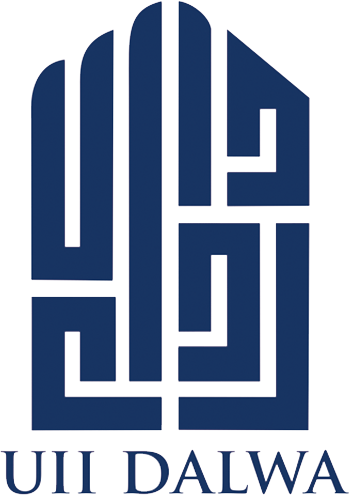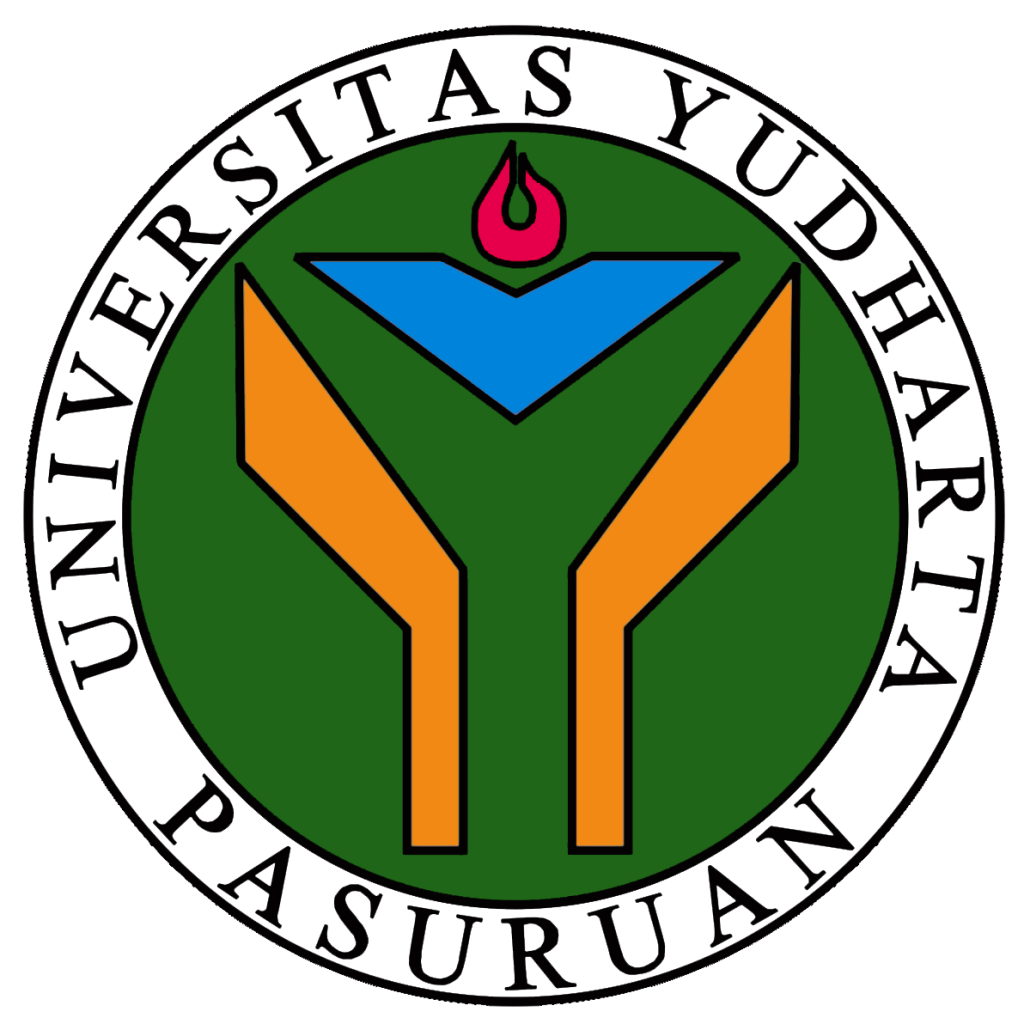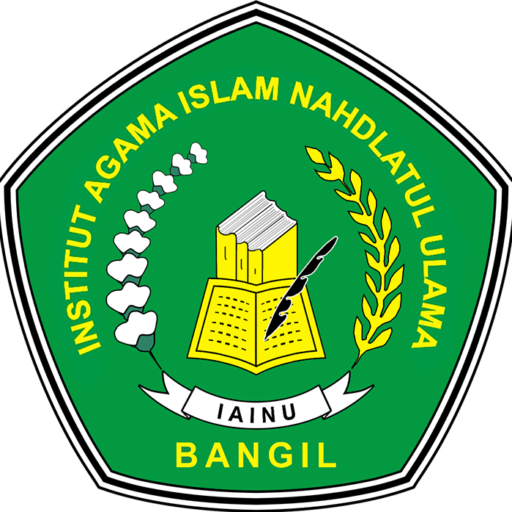The Concept of Islah Al Ummah from the Perspective of KH. Abdul Halim PUI and Its Relevance to Multicultural Education
Keywords:
Concept of Islah Al Ummah, Perspective KH. Abdul Halim PUI, Multicultural EducationAbstract
Problems Islah Al-Ummah is the improvement of hablu minannas, namely love between human beings, especially as Muslims who should love each other regardless of skin color, descent, nation, tribe, religion, and so on. All human beings should know each other, and of course share the benefits of each other, respect each other's rights and obligations. In Islah Al-Ummah there is also a teaching of mutual cooperation which should be carried out by most people, which of course is mutual cooperation in matters of goodness. Apart from that, there is also a need for an attitude of mutual help between people in any aspect, not only in terms of wealth, but also helping can be applied through attitudes, behavior and thoughts. The world of education in Indonesia is a form of education that upholds plurality, because it cannot be denied that in Indonesia there is a lot of cultural, racial, ethnic and religious diversity. Therefore, it is important for multicultural education to be implemented in Indonesia so that Indonesian people and students in particular can understand and appreciate differences. The basic concepts of multicultural education which are its scope include values, culture and ethos, justice and law, democracy, togetherness in equal differences, ethnic culture, ethnicity, religious beliefs, private and public domains, expressions culture, community cultural rights, human rights, and other relevant concepts.
References
Ainin, Mohammad. Metode Penelitian Peningkatan Kualitas Pembelajaran Bahasa Arab (Teori dan Praktik). Malang: Lisan Arabi, 2019.
Amin, Muh. “PENDIDIKAN MULTIKULTURAL,” t.t.
Ansori, Yoyo Zakaria. “ISLAM DAN PENDIDIKAN MULTIKULTURAL,” t.t.
DPP PUI. KHITTAH DAKWAH PUI. Jakarta: DPP PUI, 2017.
Falah, Miftahul. Riwayat Perjuangan KH. Abdul Halim. Jawa Barat: Masyarakat Sejarawan Indonesia, 2008.
Hastuti, Nur. “NOVEL BUMI MANUSIA KARYA PRAMOEDYA ANANTA TOER KAJIAN SOSIOLOGI SASTRA.” HUMANIKA 25, no. 1 (30 Juni 2018). https://doi.org/10.14710/humanika.v25i1.18128.
Hernawan, Wawan. BIOGRAFI KH. ABDUL HALIM (1887-1962). Bandung: Fakultas Ushuluddin UIN Sunan Gunung Djati Bandung, 2018.
Ibadurrahman, Ihsan, Didin Hafidhuddin, Adian Husaini, dan Abas Mansur. “Implementation of Al-Intisab Based Islamic Education in SMK Integrated Al Ittihad Purabaya Sukabumi,” t.t.
Ibrahim, Rustam. “PENDIDIKAN MULTIKULTURAL: Pengertian, Prinsip, dan Relevansinya dengan Tujuan Pendidikan Islam” 7, no. 1 (2013).
Mansur, Fathullah. Syarah Intisab. Jakarta: Pustaka Ababil, 2014.
Munadlir, Agus. “STRATEGI SEKOLAH DALAM PENDIDIKAN MULTIKULTURAL.” JURNAL JPSD (Jurnal Pendidikan Sekolah Dasar) 2, no. 2 (23 November 2016): 114. https://doi.org/10.26555/jpsd.v2i2.a6030.
Nugraha, Dera, Uus Ruswandi, dan M Erihadiana. “URGENSI PENDIDIKAN MULTIKULTURAL DI INDONESIA,” 2020.
Nurhasan, Zaidi, dan Wido Supraha. Risalah Intisab. Jakarta: DPP PUI, 2018.
Puspita, Yenny. “PENTINGNYA PENDIDIKAN MULTIKULTURAL,” t.t.
Ridwan, Amin. Dinamika Pemikiran KH. Abdul Halim Tentang Konsep Pendidikan Islam dan Implementasinya di Ponpes Daarul Uluum PUI Majalengka dan Pondok Mufidah Santi Asromo Majalengka. Cirebon: CV. ELSI PRO, 2022.
Saefullah, Asep. “K.H. Abdul Halim dan Gagasan Pendidikan Ekonomi Berbasis Pesantren.” Jurnal Lektur Keagamaan 15, no. 1 (10 Mei 2018): 177. https://doi.org/10.31291/jlk.v15i1.520.
Saifuddin, Azwar. Metode Penelitian. Yogyakarta: Pustaka Pelajar, 2009.
Sukarsa, Dartum. Potret KH. ABDUL HALIM dalam Eksistensi Nasionalisme dan Perbaikan Umat. Bandung: PT Sarana Panca Karya Nusa, 2007.
Downloads
Published
Issue
Section
License
Copyright (c) 2024 Muhammad Hidayatullah

This work is licensed under a Creative Commons Attribution-ShareAlike 4.0 International License.



